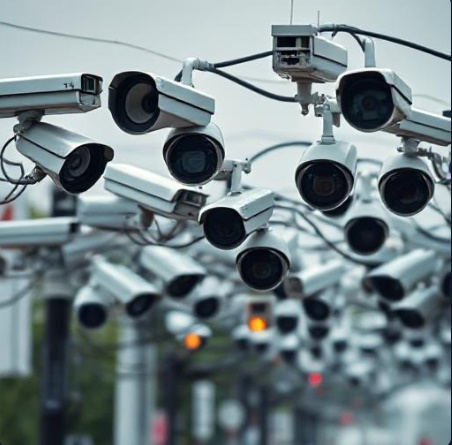
- The digital control of everyday life is increasingly present
- AI-based surveillance technologies are being deployed
- The pretext of security is used to remove privacy
Always with the excuse of security, the only thing that is really being implemented are oppressive technologies that impose excessive scrutiny on our daily lives. This relentless expansion of surveillance is not about security, but about control.
It is about creating a world where every movement is observed, every behavior analyzed and individual liberties sacrificed on the altar of supposed security.
Where it is becoming clear that surveillance is by control rather than security, it is in recent developments within the New York City subway system, that the Metropolitan Transit Authority (MTA) is driving a new AI-driven surveillance system.
Intelligent security systems
The justification for these invasive technologies? The same they provide everywhere around the world, addressing "security" issues and preventing incidents before they happen.
They collaborate with private AI firms to develop a system that monitors the metro environment in real time, continuously scanning what they call "problematic behaviors." This is not about making transit safer; it is about expanding an apparatus of social control that erodes privacy and personal freedom under the guise of security.
This AI system is designed not to identify individual passengers, but to detect "suspicious actions": unattended bags, aggressive movements or unusual behaviors that may indicate problems.
When such behaviors are flagged, law enforcement is immediately alerted. Intervene "pre-emptively," before any crime or threat has occurred.
But at what cost? This preventive approach turns ordinary citizens into potential suspects, constantly under the persistent view of the technology that judges their actions based on algorithms that are not as transparent as the institutions require their citizens to be, in addition they are prone to error and without charges of responsibility.
The eternal narrative of "security"
The "security" narrative has long been used to justify the expansion of surveillance technologies. And history shows that such measures rarely increase security for the majority; instead, they create a climate of fear, distrust, and oppression.
The deployment of AI in public areas exemplifies this trend - a move toward oppressive supervision that takes away anonymity and fosters a culture of suspicion and vigilance. It is a digital panopticon where every behavior is examined, and privacy is sacrificed on the altar of "security."
Civil liberties advocates warn of a slippery slope toward monitoring mass behavior. Whatever patterns these systems detect will reflect the same blind spots that already exist.
AI is a tangled network of human code and assumptions, trained in faulty data and sold by tech evangelists who have never had to navigate the chaos of a subway rush hour.

